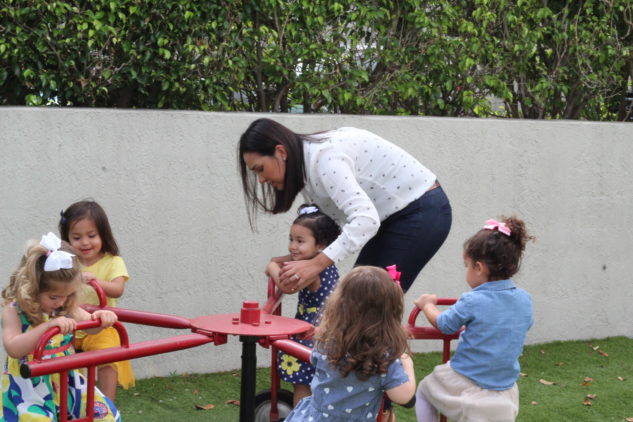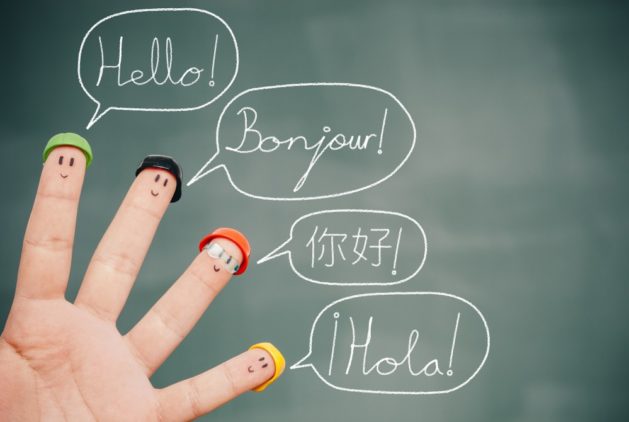A study comparing outcomes of children at a public inner-city Montessori school with children who attended traditional schools indicates that Montessori education leads to children with better social and academic skills.
The study appears in the September 29, 2006 issue of the journal Science (article full text).
Montessori education is characterized by multi-age classrooms, a special set of educational materials, student-chosen work in long time blocks, a collaborative environment with student mentors, absence of grades and tests, and individual and small group instruction in academic and social skills. More than 5,000 schools in the United States, including 300 public schools, use the Montessori method.
The Montessori school studied is located in Milwaukee and serves urban minority children. Students at the school were selected for enrollment through a random lottery process. Those students who “won” the lottery and enrolled at the Montessori school made up the study group. A control group was made up of children who had “lost” the lottery and were therefore enrolled in other schools using traditional methods. In both cases the parents had entered their children in the school lottery with the hope of gaining enrollment in the Montessori school.
“This strategy addressed the concern that parents who seek to enroll their children in a Montessori school are different from parents who do not,” wrote study authors Angeline Lillard, a University of Virginia professor of psychology, and Nicole Else-Quest, a former graduate student in psychology at the University of Wisconsin. This was an important factor because parents generally are the dominant influence on child outcomes.
Children were evaluated at the end of the two most widely implemented levels of Montessori education: primary (3- to 6-year-olds) and elementary (6- to 12-year-olds). They came from families of very similar income levels (averaging from $20,000 to $50,000 per year for both groups).
The children who attended the Montessori school, and the children who did not, were tested for their cognitive and academic skills, and for their social and behavioral skills.
“We found significant advantages for the Montessori students in these tests for both age groups,” Lillard said. “Particularly remarkable are the positive social effects of Montessori education. Typically the home environment overwhelms all other influences in that area.”
Among the 5-year-olds, Montessori students proved to be significantly better prepared for elementary school in reading and math skills than the non-Montessori children. They also tested better on “executive function,” the ability to adapt to changing and more complex problems, an indicator of future school and life success.
Montessori children also displayed better abilities on the social and behavioral tests, demonstrating a greater sense of justice and fairness. And on the playground they were much more likely to engage in emotionally positive play with peers, and less likely to engage in rough play.
Among the 12-year-olds from both groups, the Montessori children, in cognitive and academic measures, produced essays that were rated as “significantly more creative and as using significantly more sophisticated sentence structures.” The Montessori and non-Montessori students scored similarly on spelling, punctuation and grammar, and there was not much difference in academic skills related to reading and math. This parity occurred despite the Montessori children not being regularly tested and graded.
In social and behavioral measures, 12-year-old Montessori students were more likely to choose “positive assertive responses” for dealing with unpleasant social situations, such as having someone cut into a line. They also indicated a “greater sense of community” at their school and felt that students there respected, helped and cared about each other.
The authors concluded that, “…when strictly implemented, Montessori education fosters social and academic skills that are equal or superior to those fostered by a pool of other types of schools.”
Lillard plans to continue the research by tracking the students from both groups over a longer period of time to determine long-term effects of Montessori versus traditional education. She also would like to replicate the study at other Montessori and traditional schools using a prospective design, and to examine whether specific Montessori practices are linked to specific outcomes.
Lillard is the author of Montessori: The Science Behind the Genius. More information is available at: http://www.montessori-science.org/.









